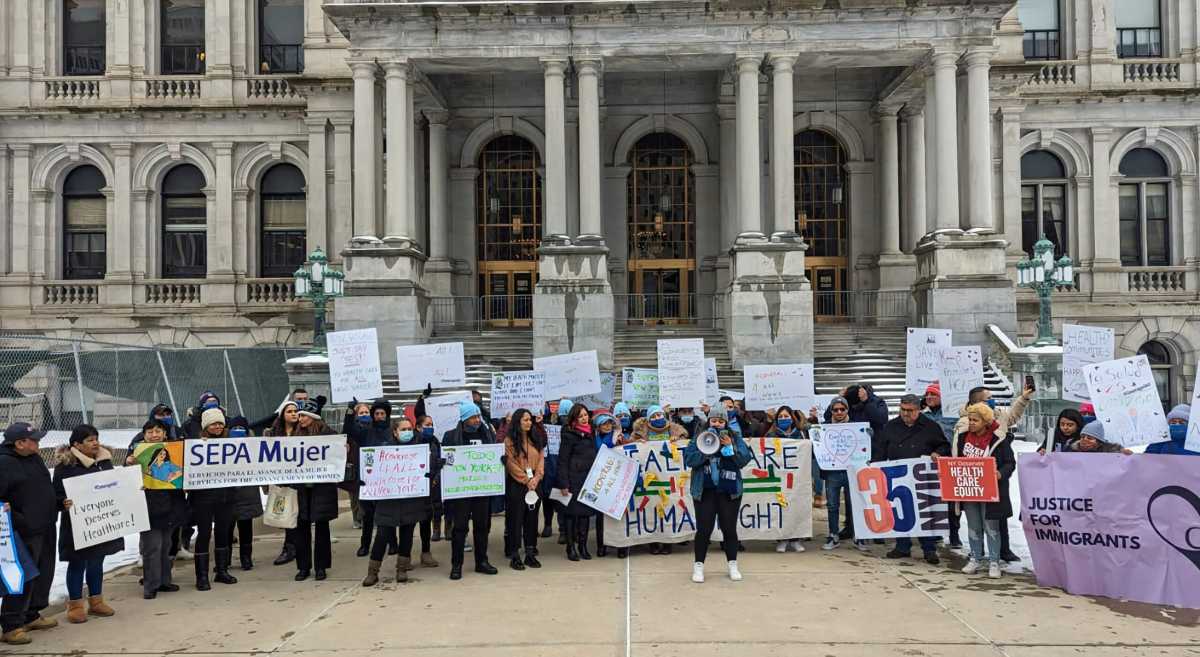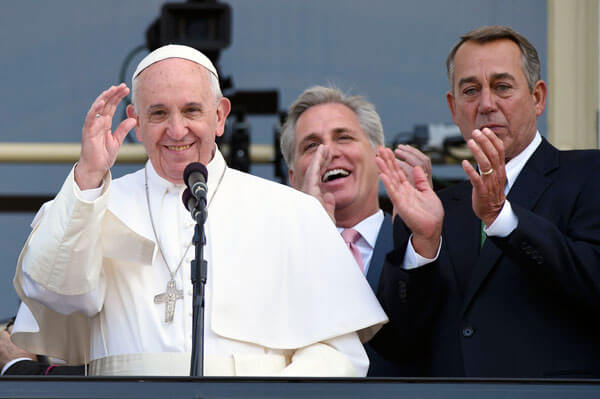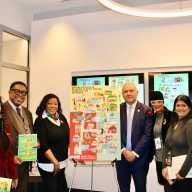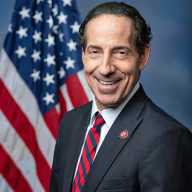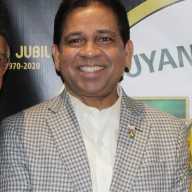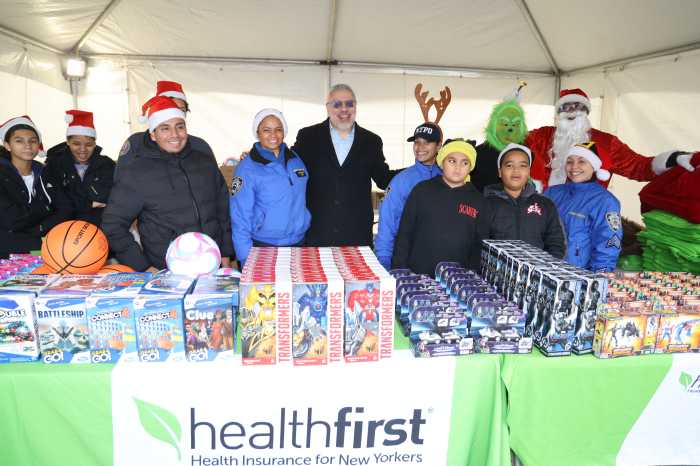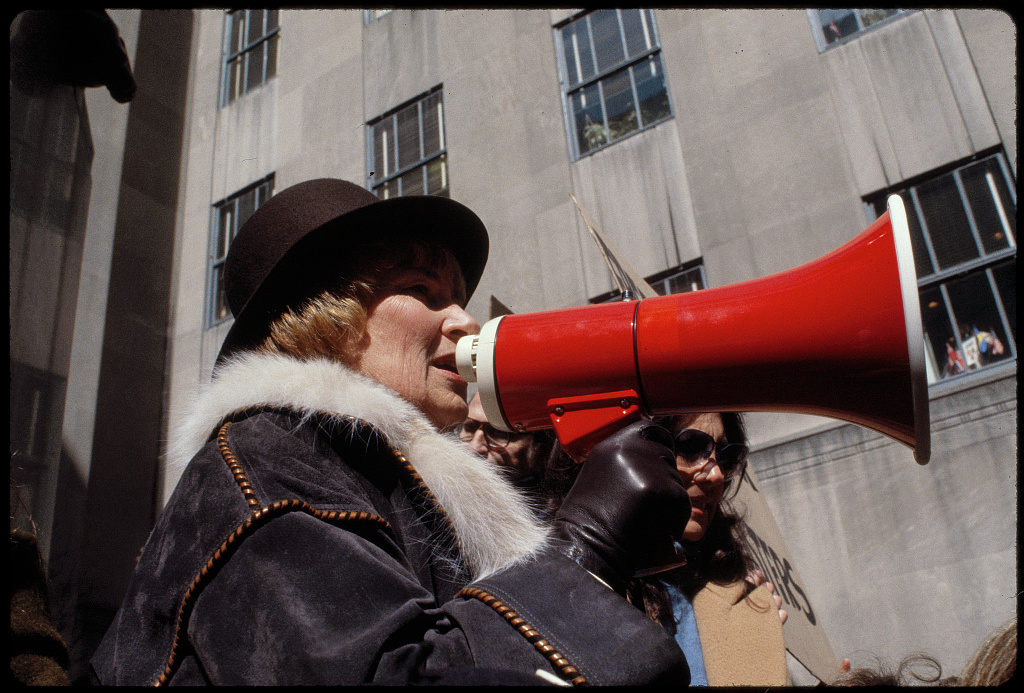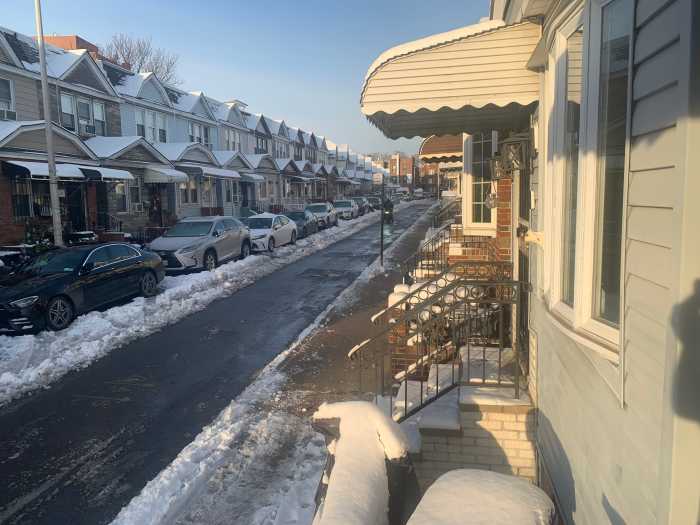Exactly one month before the New York State budget is due, immigrant New Yorkers, with the Coverage for All Coalition alongside State Sen. Gustavo Rivera and Assemblymember Jessica González-Rojas, last Wednesday rallied in Albany calling on state legislators to expand access to health coverage to all New Yorkers, regardless of immigration status, in the state budget.
At the rally, directly impacted community members shared their stories in urging Gov. Kathy Houchl to support legislation to expand health care coverage to everyone, by ensuring the Coverage for All bill (Rivera S2237|Gonzalez-Rojas A3020) is included in the state budget this year.
In addition, protesters urged the state to immediately amend the 1332 Federal Waiver request to include all immigrants, regardless of immigration status.
“All New Yorkers deserve access to affordable medical care, in order to lead safe, productive and healthy lives. One unlucky diagnosis should not result in financial ruin and long-term debt,” said Angela Castrillo-Vilches, manager of Member Engagement Capital Region, New York Immigration Coalition (NYIC). “Yet, nearly a quarter million immigrant New Yorkers are ineligible for healthcare coverage simply because of their immigration status.
“New York State has an opportunity to ensure that everyone who calls New York home has the ability to get the life-saving healthcare coverage they need to keep our communities and workforce strong and resilient,” she added. “If this pandemic has taught us anything, it’s that we are all healthier when the most vulnerable amongst us are also healthy.”
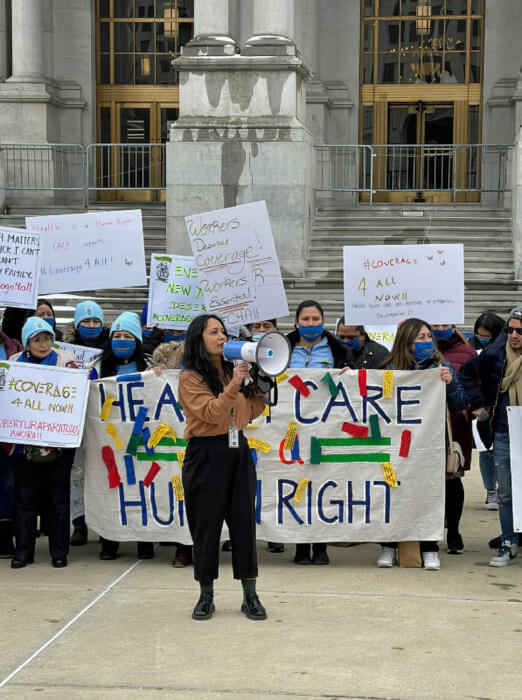
“Gov. Hochul committed to including undocumented New Yorkers in the 1332 waiver to the federal government to include undocumented New Yorkers in the Essential Plan last year,” said Assemblymember Jessica González-Rojas. “We are now asking her to follow through on her commitment and include this population, my constituents, and our fellow New Yorkers in that waiver to provide healthcare to 245,000 New Yorkers across our state.
“If they were good enough to care for rich people’s children, stock our shelves, and clean our buses and trains, then we can at least provide them with the basic need and human right that is healthcare,” she added. “If we don’t do this, we will only add to the 2,000 lives lost during this COVID-19 pandemic, and inaction is not an option. I call on our legislature and governor to support and pass Coverage for All this session.”
After the press conference, advocates marched around the Capitol, and dropped off messages in medicine bottles to Gov.’s Hochul’s office to remind the governor of her commitment to seek a 1332 federal waiver to allow New York State to spend federal dollars to expand health coverage to undocumented immigrants.
NYIC, an umbrella policy and advocacy organization that represents over 200 immigrant and refugee rights groups throughout New York, said Hochul last year agreed to request such a waiver for immigrant health coverage expansion.
“Yet, earlier this month, the governor inexplicably backtracked on her clear commitment,” it said.
Eliana Jaramillo, member of Make the Road New York, another advocacy group, said, “For over 30 years, I worked as a street vendor — a difficult job which requires working outdoors in extreme weather. Every day, for years, I had to carry my tables and my items to sell.
“These years have not come in vain,” she added. “I feel myself carrying the weight of the years in my bones. I live with pain in my bones, with pain that goes untreated because I cannot get a medical consultation. Healthcare access without health insurance is expensive.
“Today, I’m raising my voice because extension 1332 as it stands right now excludes immigrants like me,” Jaramillo continued. “The state must revise the proposal to include all immigrants like me, and expand the New York State Essential Health plan to include immigrants by passing the Coverage for All bill.”
NYIC said Coverage for All would cover an estimated 245,000 uninsured people in New York who are left out of federally funded health insurance, and would save the state more than $500 million a year which it currently spends on Emergency Medicaid for this population.


